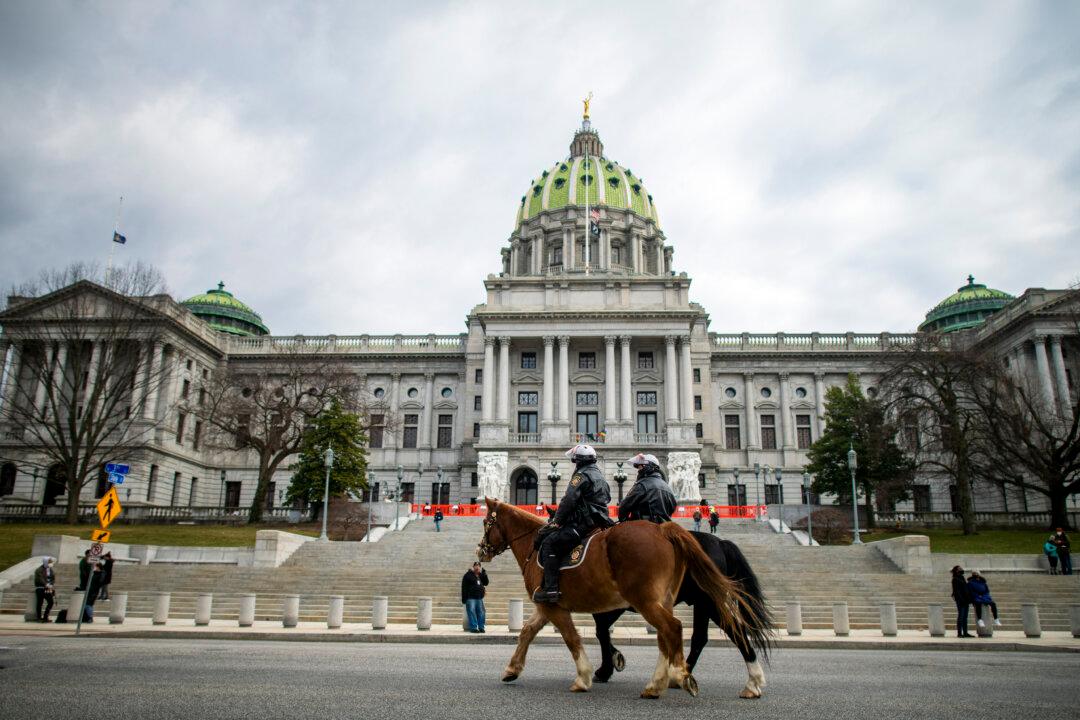The U.S. Court of Appeals for the Third Circuit in Philadelphia will soon determine how much the public is entitled to know about noncitizens voting in the Commonwealth of Pennsylvania.
Oral arguments took place on Sept. 11 over a summary judgment issued in March 2022 by the U.S. District Court for the Middle District of Pennsylvania that allowed the commonwealth to withhold from the public certain data pertaining to the identification and removal procedures of noncitizens from the voter rolls.





